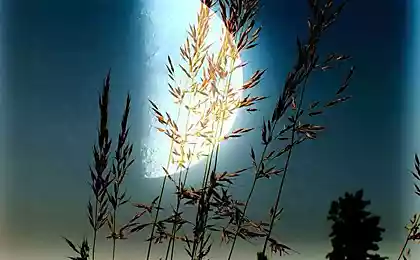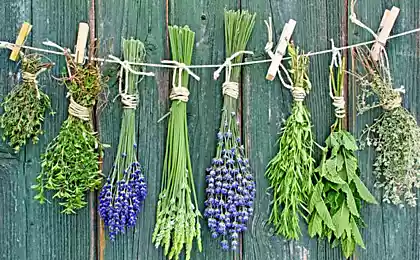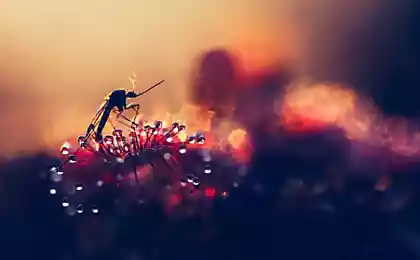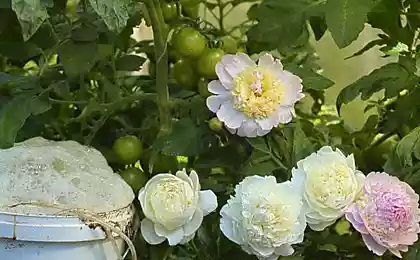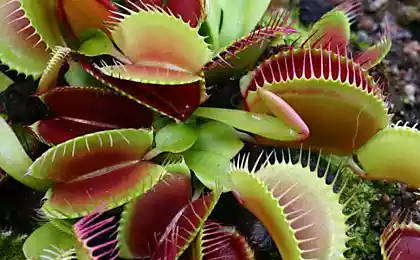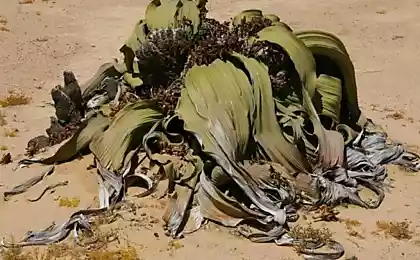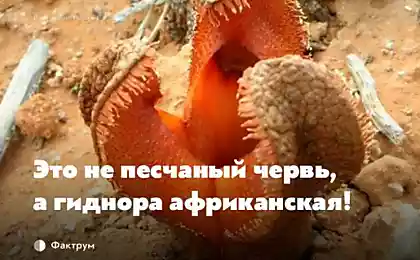1056
A new species of plants found on the Facebook photos
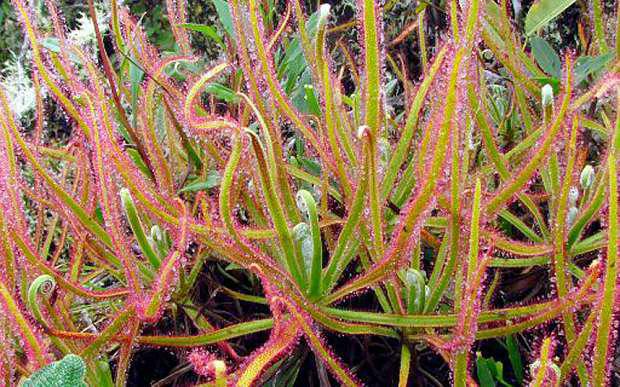
Unknown species of plants found in the photos Facebook. The investigation revealed that a new type of carnivorous sundew, she eventually given the name Drosera magnifica i>. Authors research write that this is the biggest sundew in nature. At least, the largest in modern times (previously there were more). In addition to its size, Drosera magnifica i> bólshim different number of leaves on each outlet and wide.
The discovery was made at the pictures of plant lovers, who traveled over the mountain in southeastern Brazil, and then опубликовал it in Facebook .
"It was just another ordinary day at Facebook», - говорит Gonella Paulo (Paulo Gonella), a doctoral student of the University of Sao Paulo in Brazil. A friend shared photos on the social network of plants in their natural habitat. Some of rosyanok seemed unusual for Paulo, were much larger and unlike other plants in Brazil. He showed the pictures to a colleague, and scientists decided to go to the mountain to collect samples and conduct research.
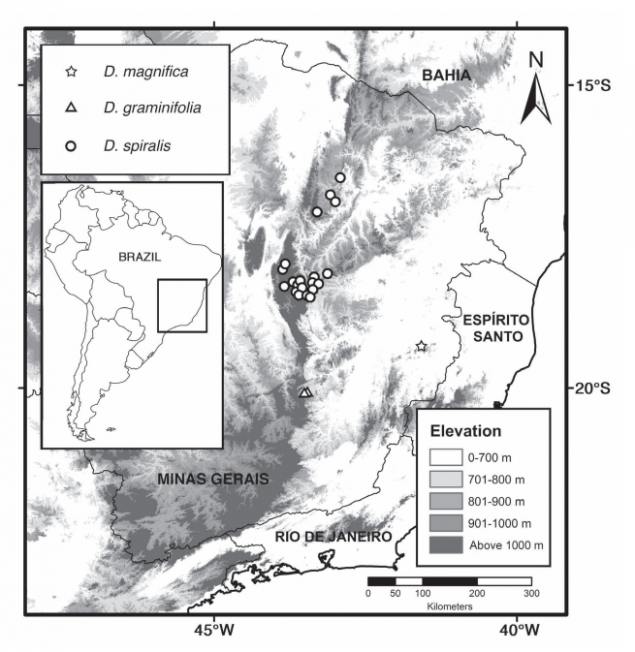
The aim was to confirm the size, number of rosyanok and potential threats to survival. You may need to add them to the conservation, it needs to obtain the appropriate status.
Most of the plants were in the same location on the southern slope of the top of the Pico do Padre Ângelo i> at an altitude of between 1500 and 1530 meters. Because of the shape of the mountain and the wind rose this place was more humid than the surrounding. Sundew growing on loose and sandy soil or in crevices of sandstone. This stage can not be called favorable.
Botanists studied the two slopes of the surrounding mountains nearby, but there was no trace of the new plant. I had to conclude that the Drosera magnifica i> is under the explicit threat of extinction due to the unfavorable environment. She was given the name of the magnifica i> because of their "beautiful» (magnificent) type.
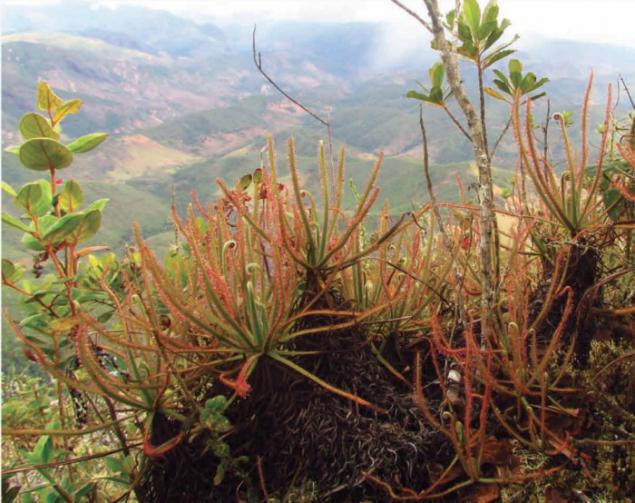
As a result, the plants were given the status of "Critically Endangered".
About the author's discovery of Paolo Gonella said that it was "one of the growing army of scientists who are looking at these sites [like Facebook] otherwise." For scientists usually social networks are not of particular interest. Paolo said, on the contrary, it is a useful tool. It helps to keep in touch with botanists from around the world. By the way, he mentioned this idea even in his scientific work.
Source: geektimes.ru/post/259754/
Breaking stereotypes: girls from the IT industry launched a campaign on Twitter
The quietest room in the world: IBM laboratory in Zurich

